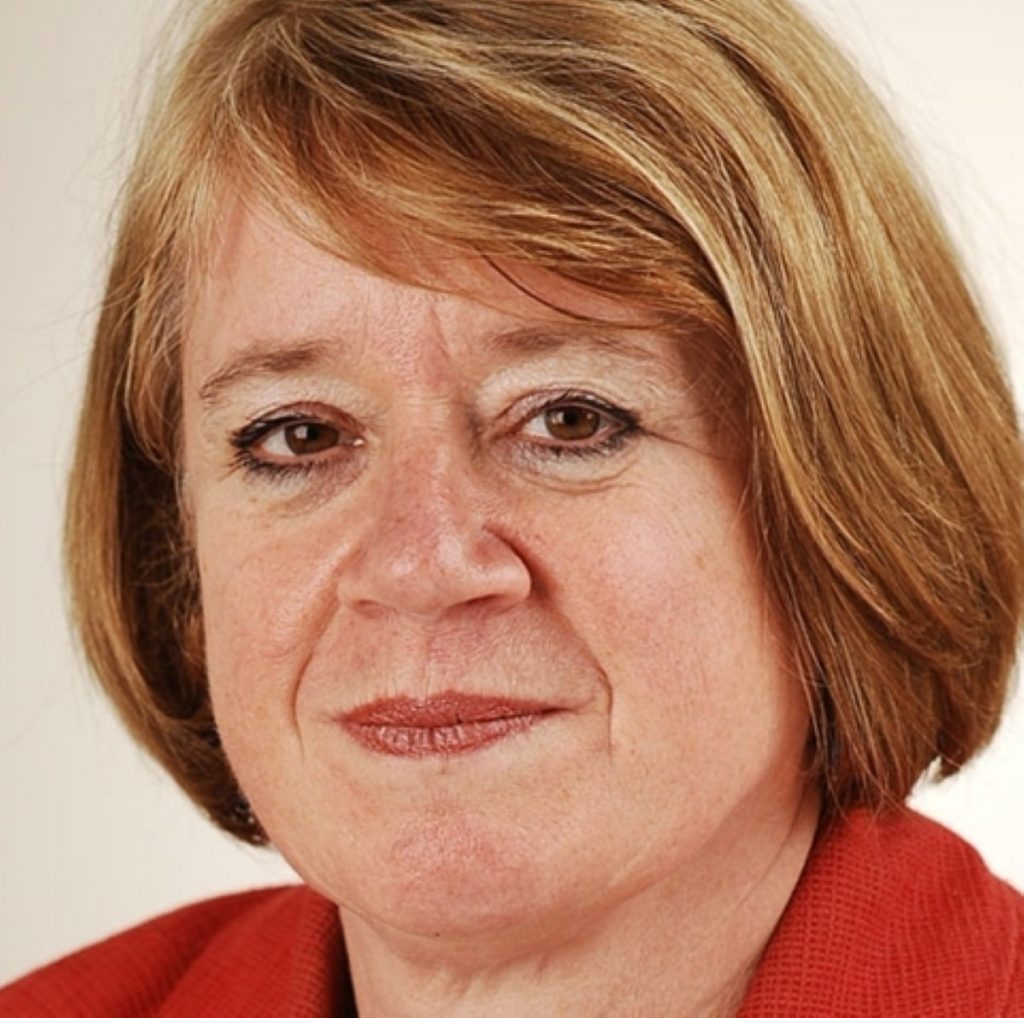Interview: Getting the banks in order
The director of policy and campaigns at Which? discusses money, competition and whether we’ll ever trust the banks again.
By Ian Dunt
A few weeks ago Which? held a debate on banking reform, at very short notice, on a cold and wet February night. Three hundred people turned up.
Analysts should not be surprised by the level of public interest in sorting out the banking sector. Some estimates posit that it will take £2,400 from each UK family per year for us to pay off the bank bail out. Banking reform is where politics and the personal meet.
“People are thinking: let’s just have a look at this and make sure this doesn’t happen again,” says Helen McCallum, head of policy and campaigns at Which?. Her role is to act as a consumer advocate. But importantly, McCallum doesn’t want the UK put at a disadvantage in the global economy – which wouldn’t do consumers any good either. That fine balancing act dominates her thinking.


Suggestions for banking reform are not hard to find. So far, the reinvention of America’s The Glass Steagall Act, via a separation of banks’ retail and investment functions, has kept a tight grip on the headlines, coming, as it does, with substantive political support from many MPs.
“We feel this is more complicated than it looks,” McCallum says. “I totally understand the appeal. Most people don’t like the idea of banks gambling with hard-earned cash. But we do feel it’s hard to draw a meaningful distinction between retain and investment. Customers have lots of varied needs. I’m not saying no, but individual customers don’t necessarily want to go to three different banking services to get what they need.”
How about cutting them down to size? So much public money went to failing banks on the basis that the failure would not be restricted to that institution, but could bring down the entire sector.
“It’s not just about size but interconnectedness,” McCallum cautions. “Consolidation reduced competition and that’s something we feel pretty uncomfortable about.” Which? want new entrants to the market, such as Virgin and Tescos, to make a difference, and they welcome evidence that many UK consumers are looking overseas to countries like Sweden, which has more personal, regional banks.
But that all seems somewhat modest for the scale of the resentment on show. Unimaginable sums of money are flying from the taxpayer to the sector, and yet bonuses are still paid, overdraft charges are still in place and little structural change has begun. How long will it be until we finally give up the banks?
“Well we can’t give up on them from any stand point,” McCallum says. “We need someone to keep our money, so it’s a symbiotic relationship. But trust has been significantly damaged. Which? research shows people think banks have done little or nothing to fix the issues. The answer is a fundamental change of attitude and culture. We can’t expect straightforward solutions here. We need to look at the whole system. We want to see banks taking a totally different attitude and adopting a different culture to their customers – big and small.”
Cultural changes are often vague and indefinable things, but McCallum approaches the issue from a business standpoint.
“There are three legs to the stool: profitability, a return to the shareholders and a return to the customer. It feels like that third leg of the stool has been completely missing,” she says. “There are things we can do. We’d like completely different people appointed as non-executives of banks. We want consumer representation in the FSA [Financial Services Authority] and we’ve been arguing that for ten years or so. That’s improved actually, but we must go further.”
“Personally I’m an optimistic person. I’m a glass-half-full person. I joined Which? because arguments can be made and changes achieved. A sector can’t continue to ignore its customers when there’s such a sustained sense they go it wrong.
“I want a guarantee on the front door of every bank promising they will get the best bargain for you.”
For many of the long-standing critics of the banking sector – McCallum included – it’s a shame a crisis was necessary to drag the debate to the front pages. But with the taxpayer forking out like never before, these could be the days historians look back on as the period in which British banking changed forever.
The Which? debate on the future of the banking commission is bringing together the views of the banking industry, government, regulators, and the public.
To contribute, click here.

